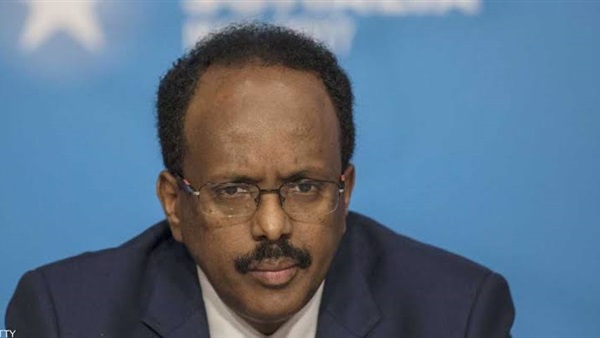Power Struggle Between Somali President and Prime Minister Threatens Fight Against Extremists

A power struggle erupted in already volatile Somalia on Monday, with the president suspending the prime minister and the latter announcing he would assume the president’s duties, a battle that threatens to undermine the country’s fight against Islamist extremists.
President Mohamed Abdullahi Mohamed, who goes by the nickname Farmajo, announced that he was stripping Prime Minister Mohamed Hussein Roble of his powers for suspected corruption.
“The duty and powers of the Prime Minister remain suspended pending the conclusion of the ongoing investigations,” Mr. Mohamed’s edict read.
He alleges that Mr. Roble was part of a scheme to encroach on land belonging to the Somali army and that Mr. Roble interfered in the investigation into his alleged corruption.
A spokesman for the prime minister didn’t respond to a request for comment on the corruption allegations.
Mr. Roble, in a video statement, referred to Mr. Mohamed as “former president” and accused him of “a deliberate attempt to overthrow the government, the constitution and the laws of the land.”
Mr. Roble said that his office was assuming responsibility for all government functions, including command of the military.
Mr. Mohamed “cannot give orders to the armed forces, and they cannot take orders from him,” Mr. Roble said.
A Roble spokesman said in a text message to The Wall Street Journal that Mr. Roble “continues his routine duties as usual.”
The chaos drew a rebuke from the U.S., which issued a statement Monday urging the country’s leaders to “de-escalate tensions in Mogadishu, refrain from provocative actions, and avoid violence,” referring to the Somali capital.
The U.S. is concerned that internal political squabbles among its Somali allies will further embolden al-Shabaab, the local al Qaeda franchise, which has been stepping up assassinations, suicide bombings and other attacks against government and civilian targets.
In the closing days of his term, President Donald Trump pulled hundreds of American commandos out of Somalia, leaving U.S. military officials increasingly dependent on Somali forces to lead the fight against Islamist militants.
“The fight against al-Shabaab is not now the priority,” said Mohamed Mubarak, a Somali political analyst. “The fight is within the government itself.”
President Biden hasn’t so far announced whether he will send American troops back into the country on an enduring basis.
The Somali leadership dispute comes amid political wrangling over delayed national elections. Over the weekend, a State Department spokesman said the U.S. is “deeply concerned” about the continuing electoral delays.
The skirmishing has also spread into the Somali security forces that the U.S. is counting on to fight extremists.
In the northeastern state of Puntland, forces allied with the state president exchanged fire this month with members of the Puntland Security Force, an elite counterterror unit trained by the Central Intelligence Agency and U.S. Navy SEALs. The situation remains at a standoff.





